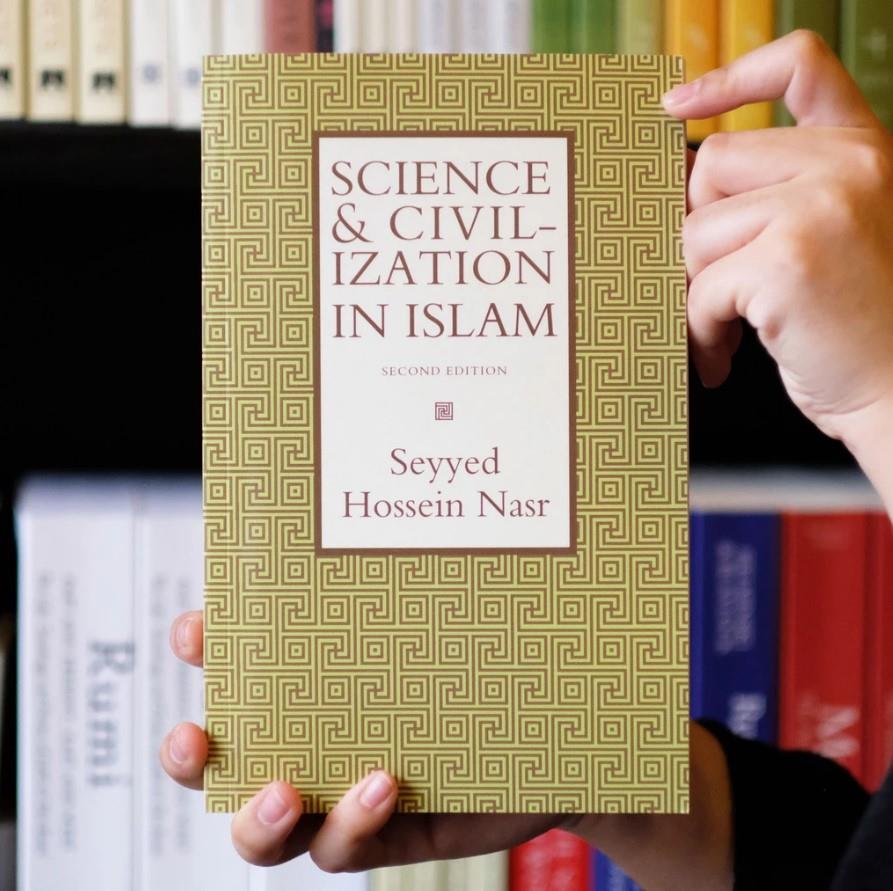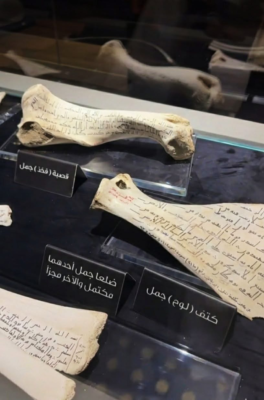Science and civilization in Islam
“Science and Civilization in Islam” by Seyyed Hossein Nasr stands as a seminal work that offers a comprehensive exploration of the rich heritage of scientific inquiry within Islamic civilization. First published, the book has since remained a cornerstone in understanding the profound contributions of Islamic scholars to the advancement of various scientific disciplines.
In this authoritative work, Nasr presents Islamic science not merely as a historical footnote in the development of Western science but as an integral component of Islamic civilization and intellectual tradition. With his characteristic erudition and clarity, Nasr elucidates the interconnectedness of Islamic science with the broader context of Islamic thought, philosophy, and spirituality.
One of the key strengths of Nasr’s book lies in its holistic approach to the subject matter. Rather than focusing solely on specific scientific achievements, Nasr provides a comprehensive overview of Islamic science across various disciplines, including cosmology, philosophy, theology, alchemy, physics, mathematics, astronomy, and medicine. Through meticulous analysis and insightful commentary, he highlights the profound impact of Islamic scholars on the evolution of these disciplines and their enduring legacy in shaping our understanding of the natural world.
Furthermore, Nasr emphasizes the importance of situating Islamic science within the broader framework of Islamic wisdom and spirituality. He demonstrates how Islamic scientists were guided by a holistic worldview that integrated scientific inquiry with metaphysical insights, ethical considerations, and spiritual contemplation.
The book is structured in a coherent and accessible manner, making it suitable for both scholars and general readers alike. An introductory chapter sets the stage by providing essential background information on the principles of Islam, while subsequent chapters offer a comprehensive survey of the diverse facets of Islamic science.
In conclusion, “Science and Civilization in Islam” is a magisterial work that not only celebrates the remarkable achievements of Islamic scientists but also offers profound insights into the interconnectedness of science, philosophy, and spirituality within the Islamic tradition. Nasr’s masterful exposition serves as an invaluable resource for anyone interested in gaining a deeper understanding of the rich intellectual heritage of Islamic civilization.
Discover more from Islam Hashtag
Subscribe to get the latest posts sent to your email.





